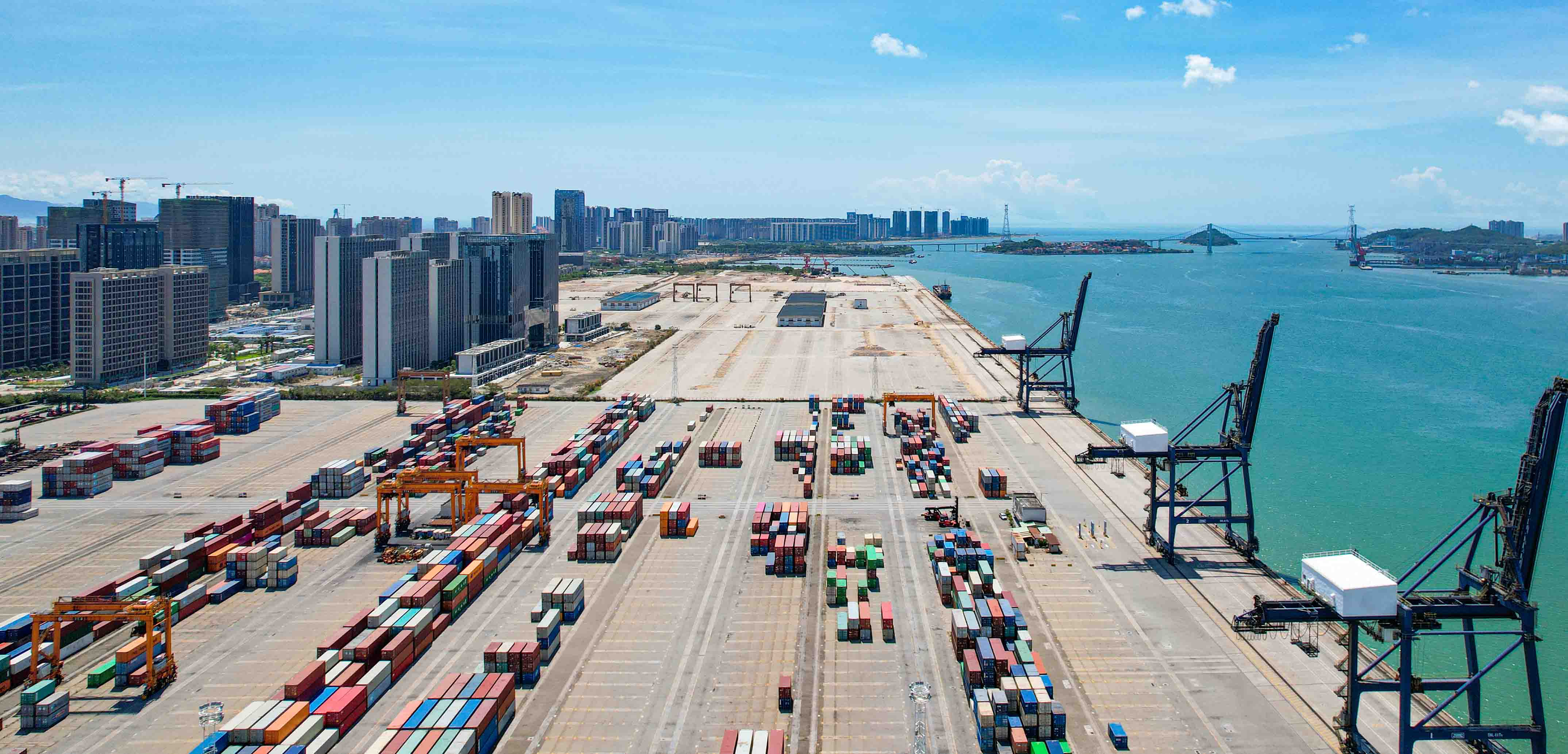Fleet management plays a pivotal role in the logistics industry, and optimising it is essential to achieve seamless operations. By leveraging advanced technologies and data-driven strategies, businesses can enhance route planning, minimise idle time, reduce fuel consumption, and improve overall fleet performance. Traditional fleet management approaches face imminent challenges that demand innovative solutions. Parking and docking operations in fleet and delivery management often face several challenges that can impact efficiency and overall operations. Addressing these challenges requires the implementation of parking automation systems and the integration of technology. Solutions like real-time tracking and automated vehicle identification can optimise warehousing, expand resource allocation, enhance security and streamline operations.
Advanced Technologies
In the context of parking automation, IoT can be used to integrate various components of the parking system, such as smart sensors, cameras, and gate systems. This integration enables real-time monitoring, data analysis, and seamless coordination between different aspects of the parking process. Machine learning and AI technologies also play a crucial role. By analysing historical data and patterns, these technologies can optimise parking operations, predict parking availability, and improve the overall efficiency of the parking process. Automated gate systems often utilise technologies like licence plate recognition or proximity cards to identify vehicles and grant access, eliminating the need for manual intervention and reducing wait times. Video surveillance systems equipped with advanced analytics capabilities also enhance parking automation. These systems use cameras to monitor parking areas, detect parking violations, and provide real-time alerts.
By leveraging cloud-based solutions, businesses can access parking data from multiple locations, perform real-time analytics, and generate valuable insights. This allows for better decision-making, optimization of parking operations, and the implementation of predictive parking strategies. In certain cases, logistics managers may opt for fully automated robotic parking systems. These systems utilise robots or automated guided vehicles (AGVs) to transport and park vehicles within a designated parking facility. Robotic parking systems maximise space utilisation and minimise human intervention, resulting in efficient parking processes.
Overcoming Operational Challenges
Traditional manual parking processes often lead to delays, as drivers search for available parking spaces and struggle to manoeuvre large vehicles into tight spots. With automated parking, however, the entire process becomes faster and more streamlined. Real-time data and advanced algorithms assist drivers in locating vacant parking spots quickly, minimising idle time and allowing for optimal use of resources. Automated parking systems also contribute to improved safety within delivery fleet management. Parking accidents and collisions are common occurrences in busy docking areas, posing risks to both personnel and assets.
Mobile applications are increasingly being utilised in parking automation. These apps provide drivers with real-time information about parking availability, allow for reservations or pre-booking of parking spaces, and provide navigation guidance to the designated parking spots. Additionally, mobile apps can offer features such as digital payment for parking fees, enabling a seamless and convenient parking experience. Furthermore, as drivers become familiar with automated parking systems, the potential for parking-related incidents and associated stress decreases, promoting a positive work environment.
A survey of U.S. Amazon sellers showed the three biggest pain points for sellers in upstream warehousing and distribution operations are high prices for storage, complicated fee structures, and insufficient storage capacity. By maximising space utilisation, technology can help accommodate more vehicles within facilities, resulting in reduced operational costs and increased revenue potential. Integrating parking automation systems also allows for real-time monitoring and reporting of parking activities. Fleet managers can access comprehensive data on parking duration, vehicle movements, and occupancy rates. This information is invaluable for optimising fleet management strategies, such as route planning, vehicle allocation, and maintenance schedules. By integrating technology and automated systems, businesses can optimise their parking processes, enhance efficiency, and improve the overall management of their fleets.
